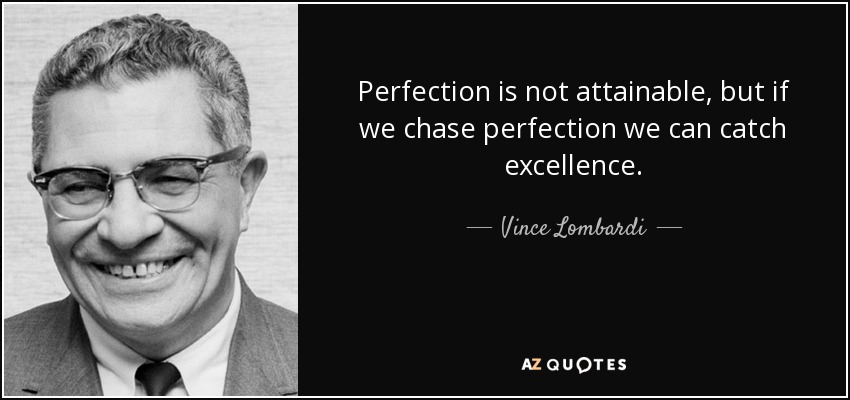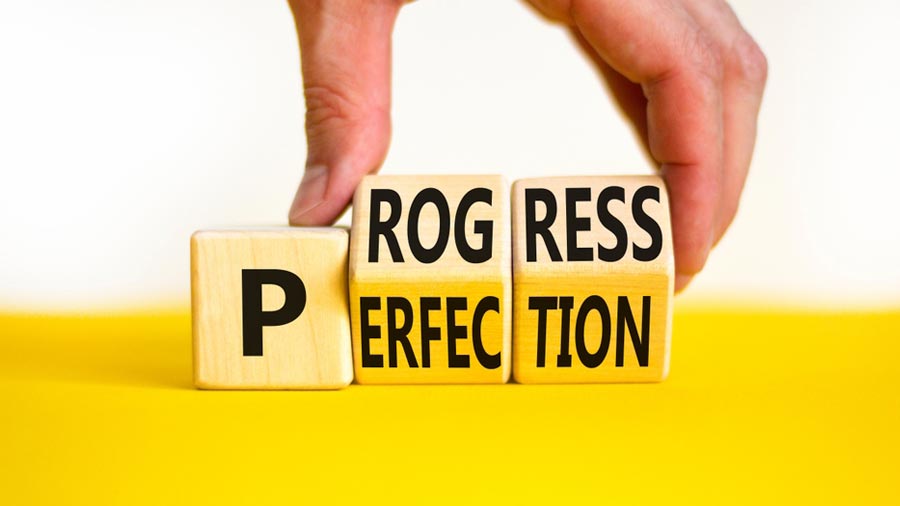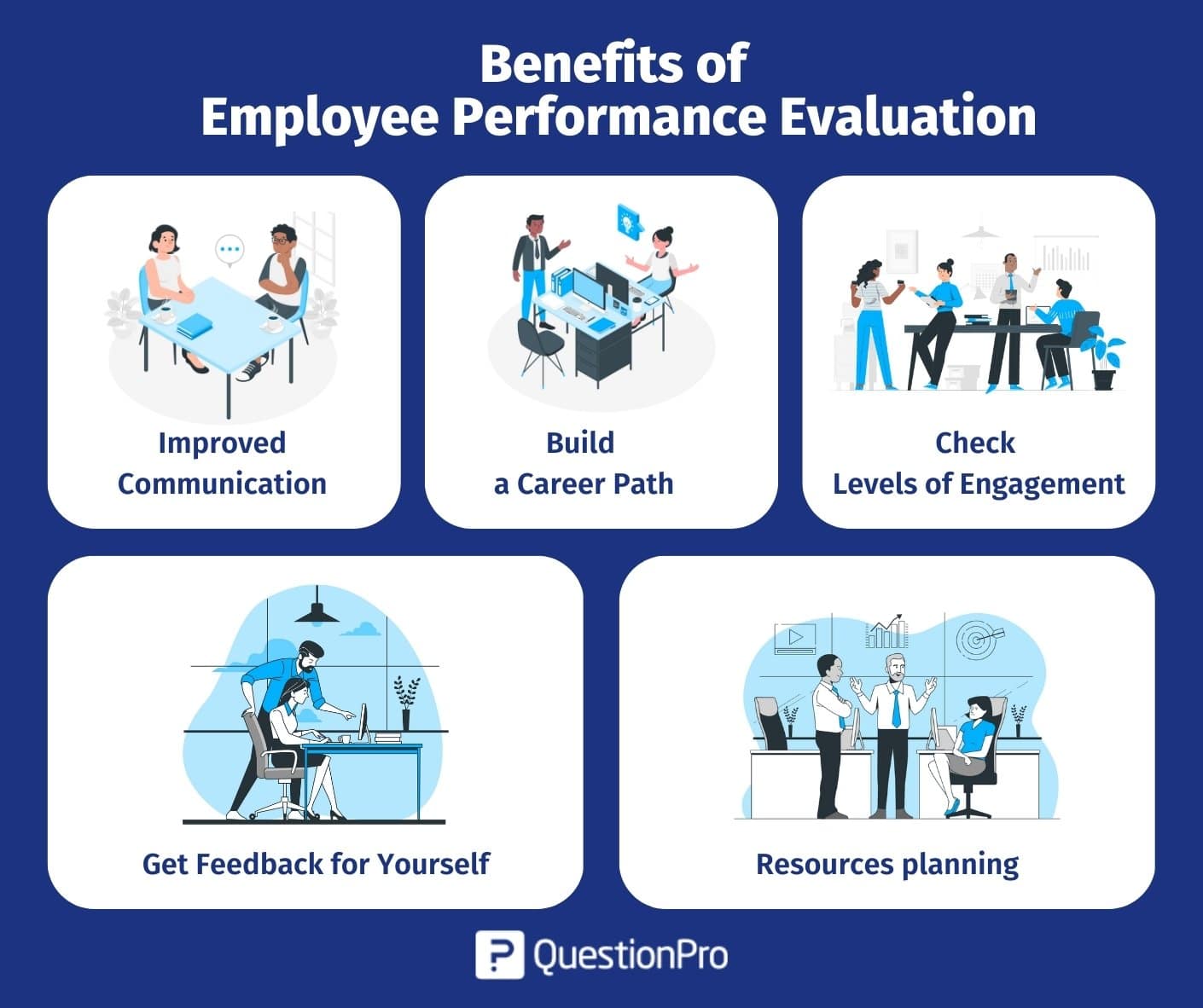It's Never Been About Performance Perfection

The worn wooden floorboards creaked a gentle rhythm as Maya practiced her scales, the soft melody filling the small studio. Sunlight streamed through the window, illuminating the dust motes dancing in the air. But today, unlike most days, the usual furrow in her brow was absent, replaced by a peaceful, almost serene expression. The pursuit of perfection, it seemed, had finally taken a backseat to something far more profound: the joy of simply playing.
At the heart of the relentless striving for achievement – whether in music, sports, academics, or any other field – lies a truth often overlooked: it’s never really been about performance perfection. Instead, it’s about the journey of growth, the resilience cultivated through challenges, and the intrinsic value found in the process itself.
The Illusion of Flawlessness
Our society often glorifies the flawless performance, the effortless success story. We see the polished final product, the gold medal, the perfect score, without witnessing the countless hours of struggle, the setbacks, and the moments of self-doubt that paved the way.
This creates a skewed perception, especially for young individuals striving to excel. They internalize the pressure to be perfect, fearing failure and viewing mistakes as signs of inadequacy rather than opportunities for learning.
“The problem with perfectionism is that it's not really about striving for excellence," explains Dr. Sarah Egan, a clinical psychologist specializing in anxiety and performance-related stress. "It's about avoiding failure and the shame associated with it."
The Cost of Chasing Perfection
The pursuit of unattainable perfection can have detrimental effects on mental and emotional well-being. Studies have shown a strong correlation between perfectionism and increased levels of anxiety, depression, and burnout.
According to a 2018 study published in the Journal of Counseling Psychology, perfectionism is a significant predictor of psychological distress, particularly among students. The pressure to constantly perform at an unrealistic level can lead to chronic stress, sleep disturbances, and even physical health problems.
Perfectionism can also stifle creativity and innovation. When individuals are afraid to make mistakes, they are less likely to take risks, experiment with new ideas, and embrace the messy, iterative process of learning and discovery.
Reframing Success: Embracing the Journey
So, if it's not about perfection, what is it about? It's about cultivating a growth mindset, focusing on effort and progress rather than solely on outcomes.
Carol Dweck, a renowned psychologist and author of Mindset: The New Psychology of Success, emphasizes the importance of praising effort and learning, rather than innate talent or ability. This encourages a belief that abilities can be developed through dedication and hard work.
This approach fosters resilience, allowing individuals to bounce back from setbacks and view challenges as opportunities for growth. It shifts the focus from avoiding failure to embracing learning and improvement.
Finding Joy in the Process
When the pressure to be perfect is lifted, individuals are free to experience the intrinsic rewards of engaging in activities they enjoy. This intrinsic motivation is far more sustainable and fulfilling than the external validation that comes from achieving perfect performance.
Think back to Maya in her studio. The simple act of playing music, without the burden of expectation, allowed her to reconnect with the joy and passion that had initially drawn her to the instrument. It’s in those moments of unadulterated engagement that true fulfillment lies.
This shift in perspective is crucial for fostering a healthy relationship with performance and achievement. It allows individuals to embrace their imperfections, celebrate their progress, and find meaning in the journey itself.
Practical Strategies for Shifting the Focus
Shifting from a perfectionistic mindset to a growth-oriented one requires conscious effort and consistent practice. Here are a few practical strategies:
- Challenge negative self-talk: Identify and challenge perfectionistic thoughts and beliefs. Replace them with more realistic and compassionate statements.
- Focus on effort and progress: Celebrate small victories and acknowledge the effort invested, regardless of the outcome.
- Embrace mistakes as learning opportunities: View mistakes as valuable feedback and opportunities for growth. Analyze what went wrong and identify areas for improvement.
- Practice self-compassion: Treat yourself with kindness and understanding, especially when facing setbacks or challenges.
- Set realistic goals: Break down large goals into smaller, more manageable steps. This makes the process less overwhelming and more achievable.
- Seek support: Connect with friends, family, or a therapist to discuss feelings of anxiety or perfectionism.
These strategies are not about lowering standards or accepting mediocrity. They're about creating a healthier and more sustainable approach to achieving goals, one that prioritizes well-being and intrinsic motivation.
The Bigger Picture: Cultivating a Culture of Growth
Ultimately, shifting the focus away from perfection requires a broader cultural shift. Schools, workplaces, and communities need to create environments that value effort, learning, and resilience, rather than solely rewarding flawless performance.
This includes providing constructive feedback that focuses on specific behaviors and areas for improvement, rather than simply praising talent or ability. It also means creating a safe space for individuals to take risks, experiment, and learn from their mistakes without fear of judgment.
By fostering a culture of growth, we can empower individuals to reach their full potential, not by striving for unattainable perfection, but by embracing the journey of continuous learning and improvement.
It's not about being perfect, it's about being better than you were yesterday. That simple shift in perspective can make all the difference.
As Maya finished her practice, a genuine smile touched her lips. She knew that perfection was an illusion, a mirage in the desert of achievement. But the joy of playing, the thrill of learning, the satisfaction of growth – these were real, tangible, and infinitely more valuable.
The pursuit of excellence is a worthy endeavor, but it should never come at the expense of well-being or the joy of the process. It's time to redefine success, not as the absence of flaws, but as the courageous embrace of growth, learning, and the inherent beauty of the journey.


















